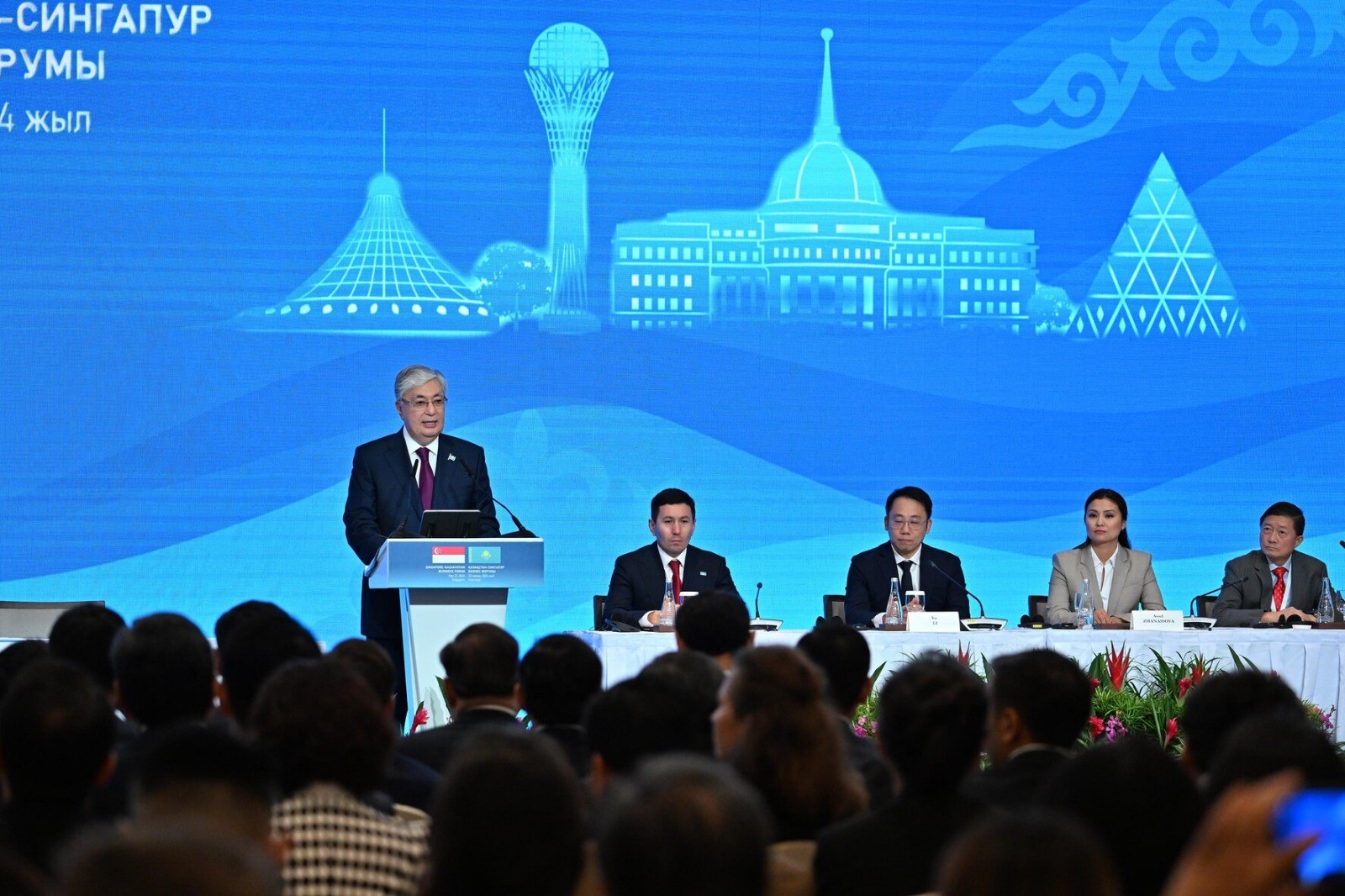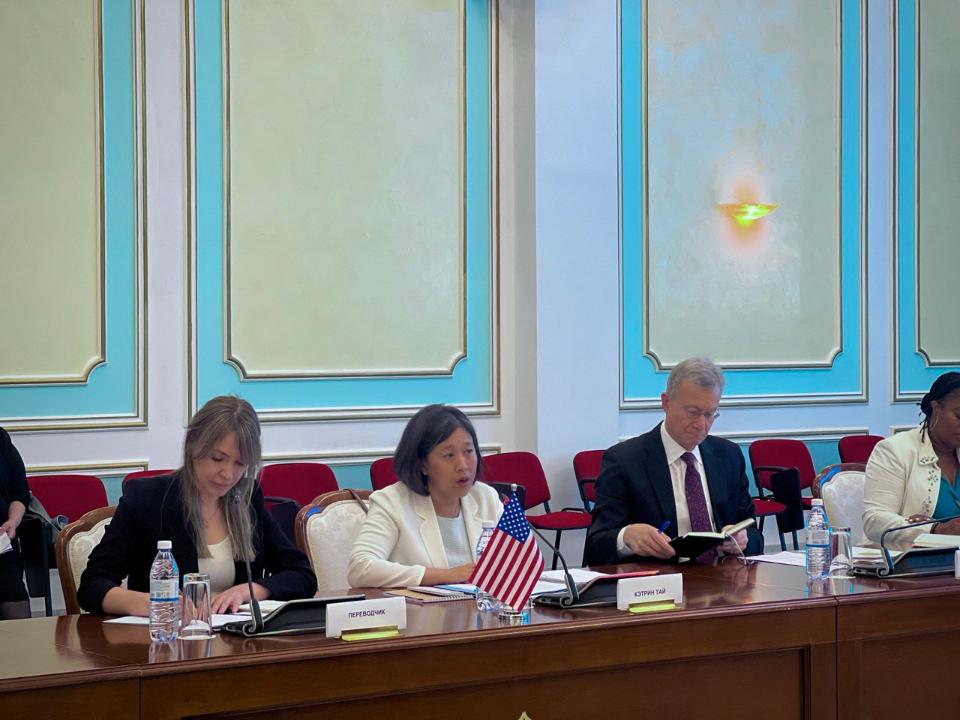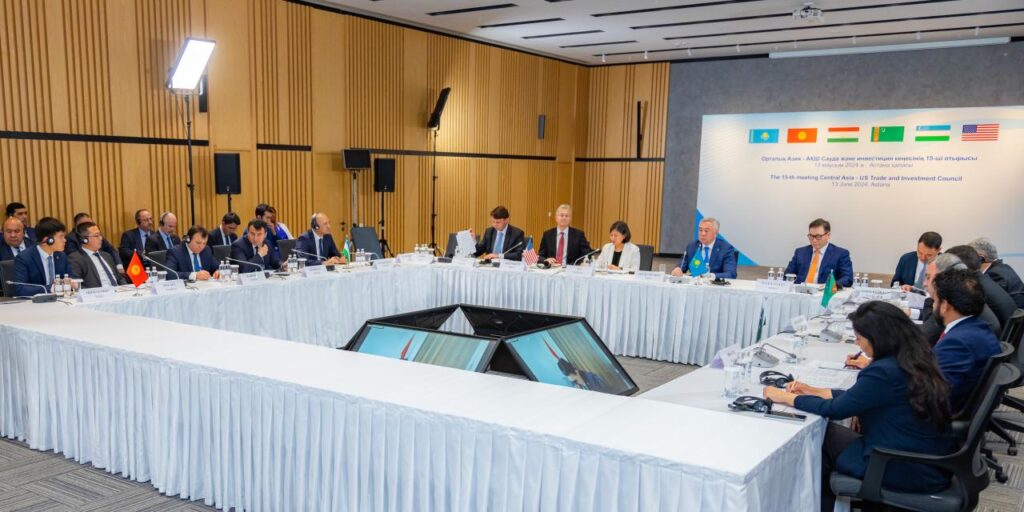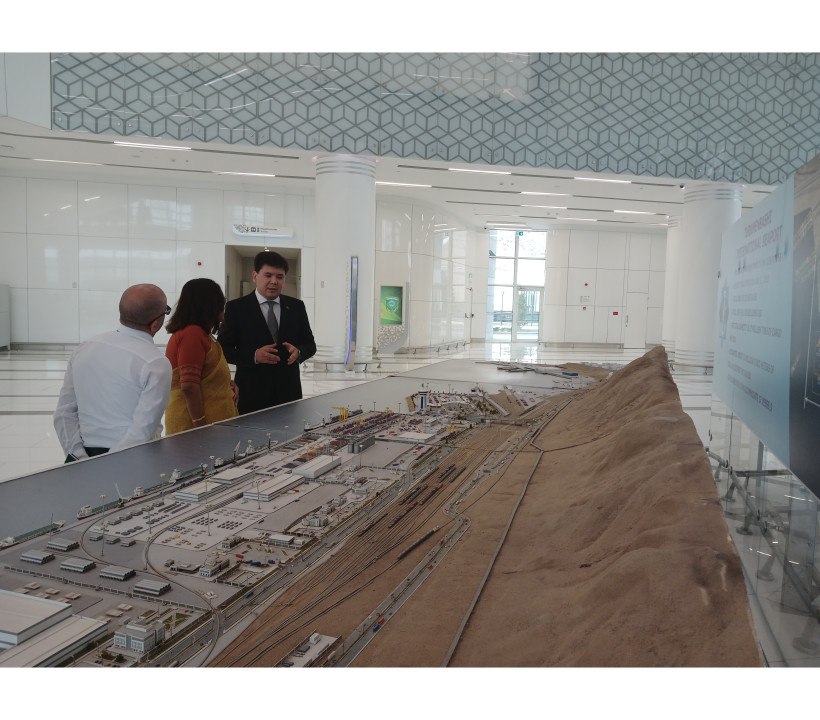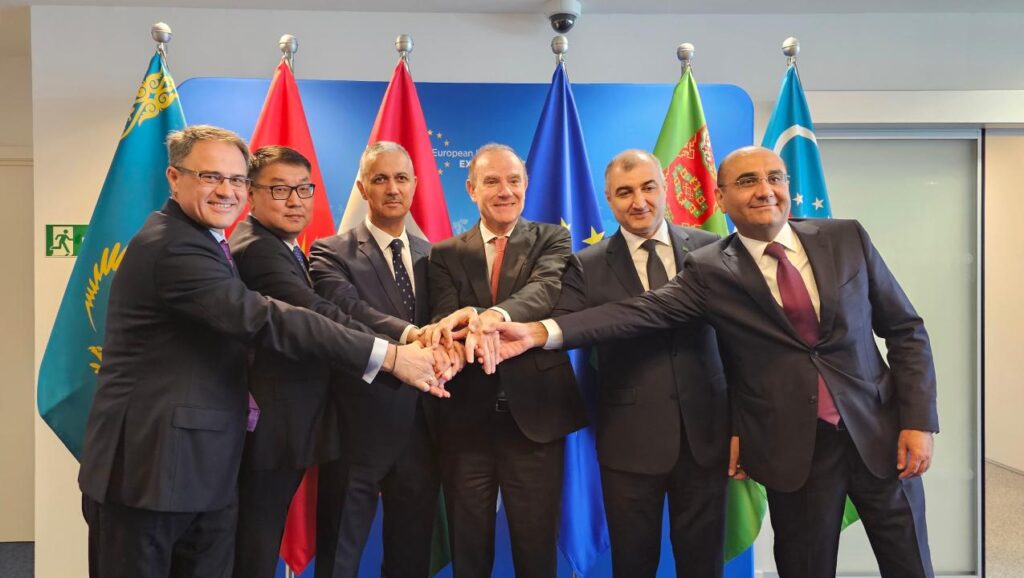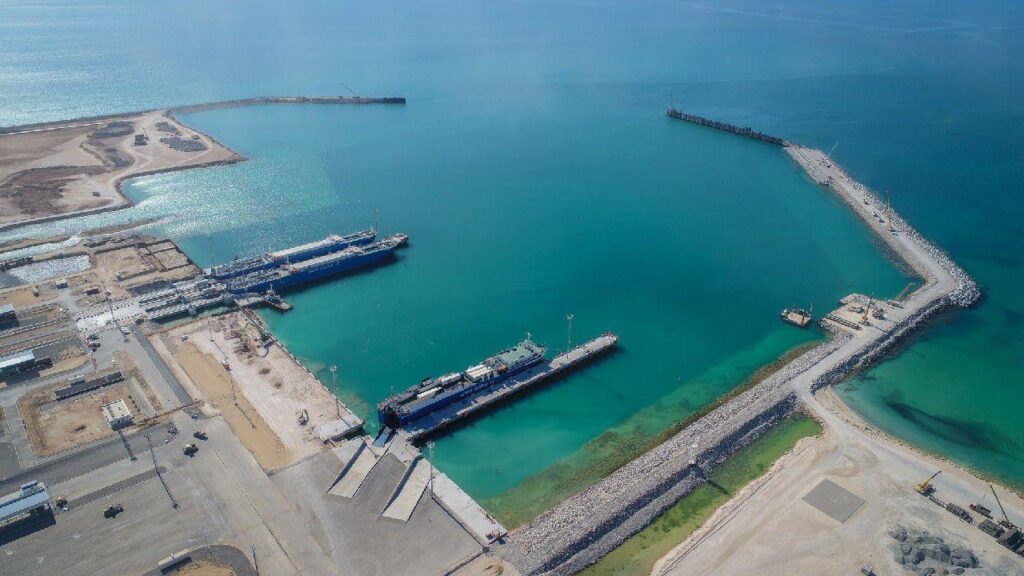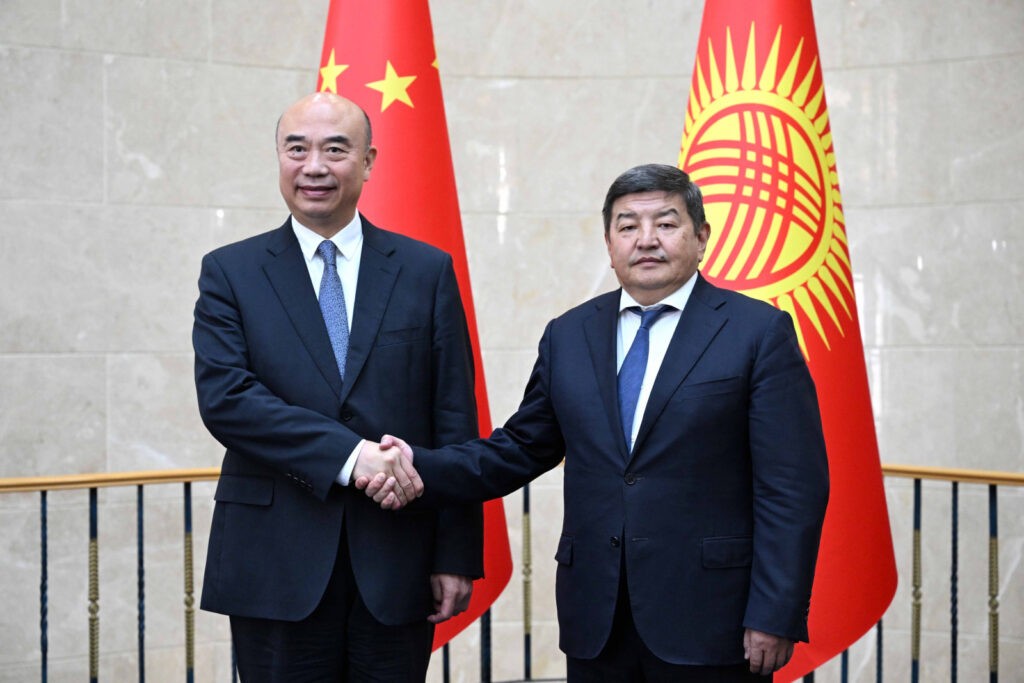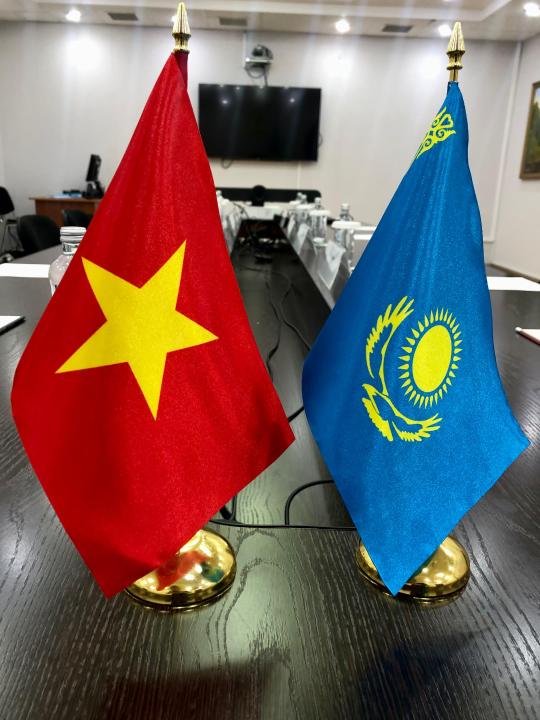On 23 May, Kazakhstan President Kassym-Jomart Tokayev’s made his first state visit to Singapore to engage in meetings with Singaporean President Tharman Shanmugaratnam focusing on connectivity, critical raw materials, and economic cooperation.
Over 140 Singaporean companies and joint ventures currently operate in Kazakhstan. The country has invested over $1.7 billion in the Kazakh economy and bilateral trade is forecast to exceed $2 billion.
Tokayev hailed Singapore as a time-tested and reliable partner of Kazakhstan and in talks with Singapore Prime Minister Lawrence Wong, expressed confidence that his visit would strengthen bilateral relations.
Citing the complementary nature of their countries’ economies, Lawrence Wong stated that Singapore can provide a gateway to further Kazakhstan’s interaction with ASEAN countries and in turn, Kazakhstan can facilitate Singapore’s rapprochement with Central Asian countries.
Regarding economic and investment cooperation, the parties reaffirmed their mutual commitment to expanding joint ventures in green energy, transport and logistics, digitalization, finance, agribusiness, connectivity, e-commerce, and mining and processing of critical minerals.
President Tokayev and Prime Minister Wong welcomed the implementation of Alatau City (G4 City); a thousand-kilometer Special Economic Zone to be developed by Kazakhstan with support from Singaporean company Surbana Jurong in the region of Almaty.
Tokayev expressed his gratitude to the Singaporean company for developing the comprehensive master plan for the project which he described as a catalyst for boosting both his country’s economy and that of Central Asia.
Tokayev and Wong also commended the partnership between Singapore’s PSA International and Kazakhstan’s national railways company Kazakhstan Temir Zholy (KTZ) aimed at increasing the potential of the Trans-Caspian International Transport Route (TITR).
A Memorandum was signed by KTZ and PSA to further develop Kazakhstan’s transport and transit potential and an agreement made to increase the volume of cargo transit through Kazakhstan by means of a synergy of their assets in China. Today, KTZ operates railway terminals in China in the dry port of Xi’an and the seaport of Lianyungang. Assets held by PSA include marine terminals in six ports and railway terminals in 13 cities in China.
Speaking at the Kazakhstan-Singapore Business Forum later in the day, Tokayev emphasized that because it offers “the shortest and most sustainable route from Central and East Asia to Europe,” TITR has the potential to radically enhance Eurasian cooperation.
The Kazakh president outlined promising areas of cooperation between the two countries, and announcing Kazakhstan’s readiness to supply critical raw materials and natural resources to Singapore, stated: “Considering that global demand for rare metals will quadruple by 2040, Kazakhstan, which has approximately 5,000 unexplored deposits, can become a reliable partner for the joint development of this potential. We have high hopes for long-term cooperation with the Indorama company, which is interested in exploring copper and phosphate deposits in Kazakhstan.”
Tokayev also called on Singaporean companies to expand partnerships in the production of clean energy and the transfer of technology and expertise.


